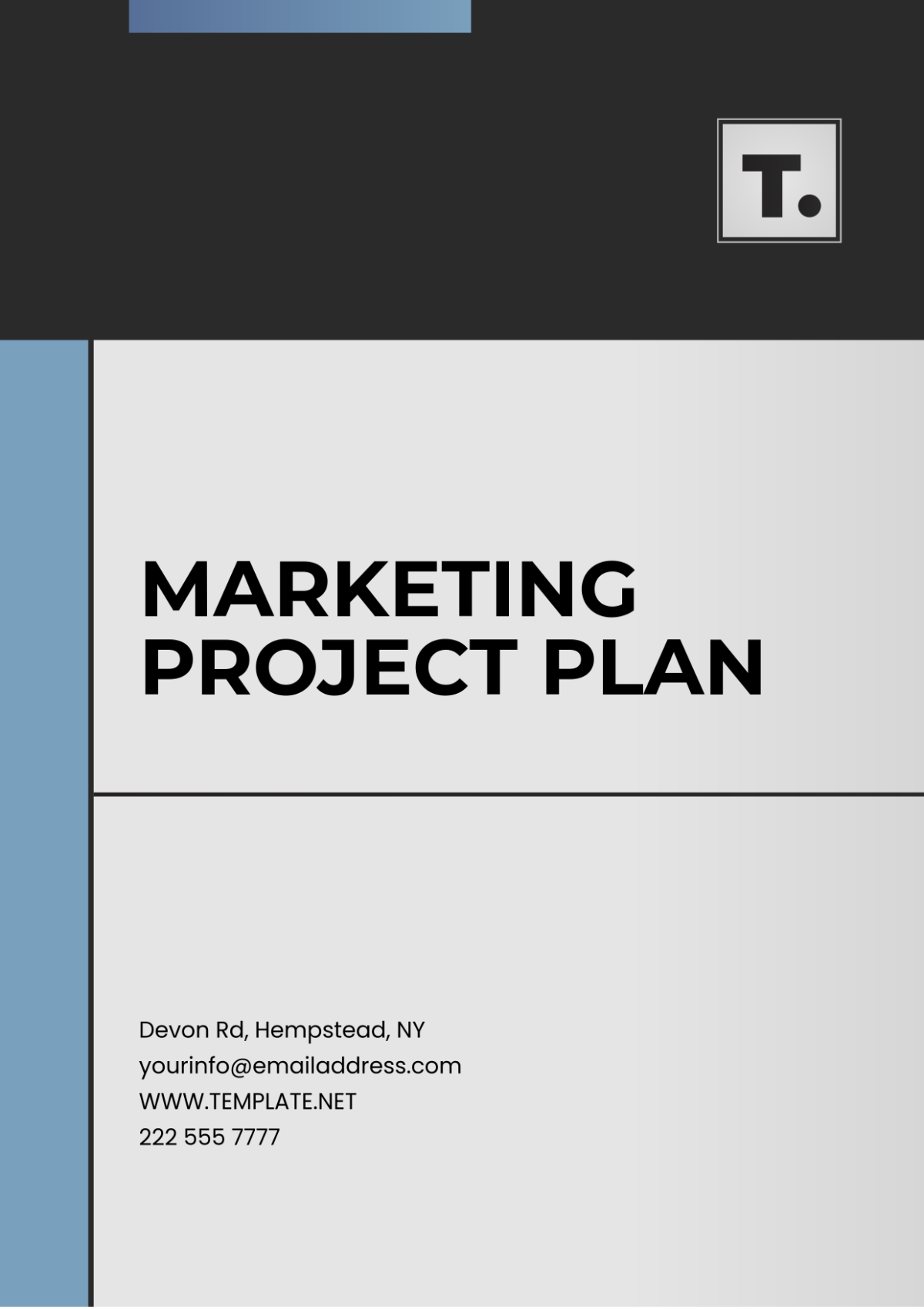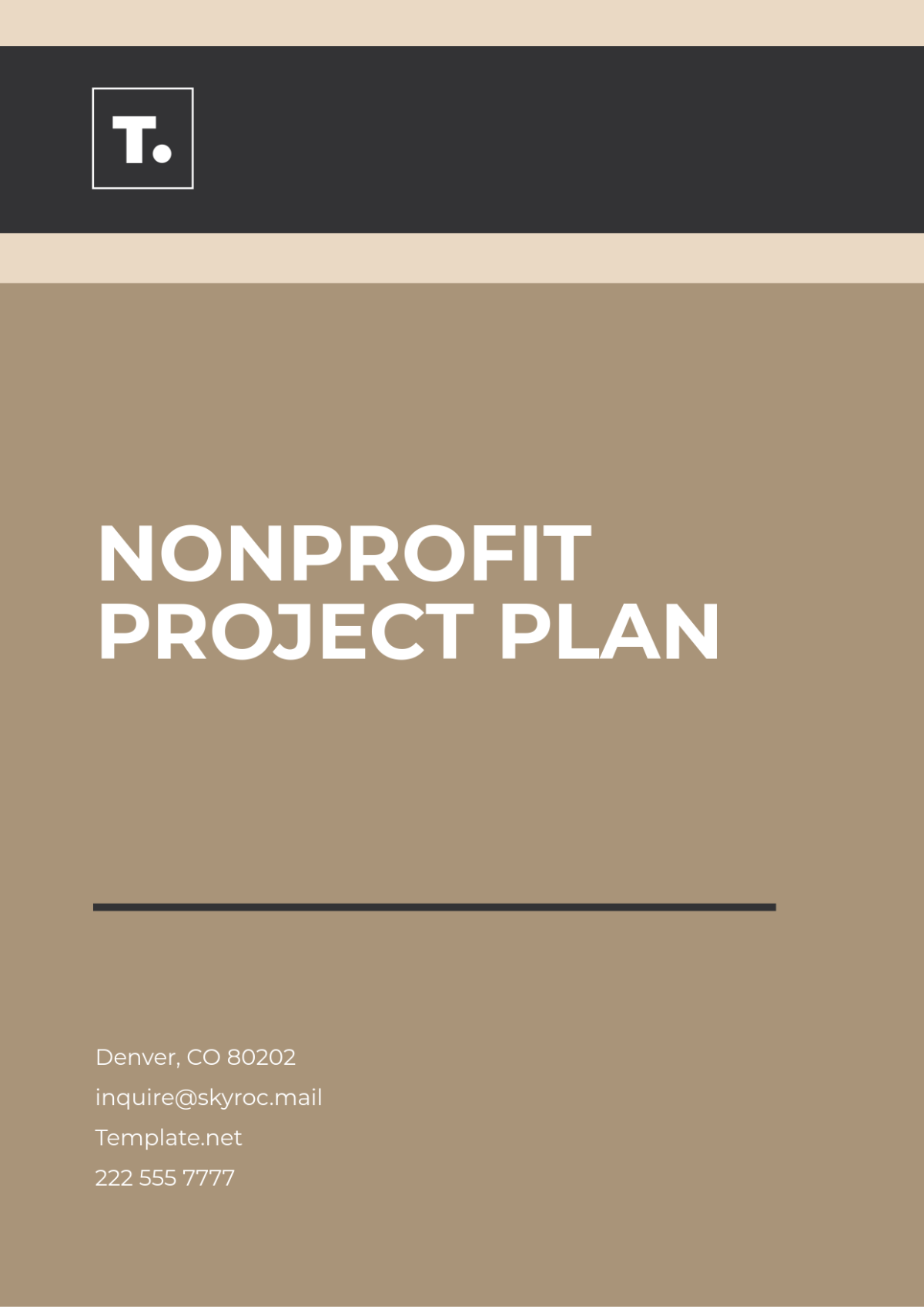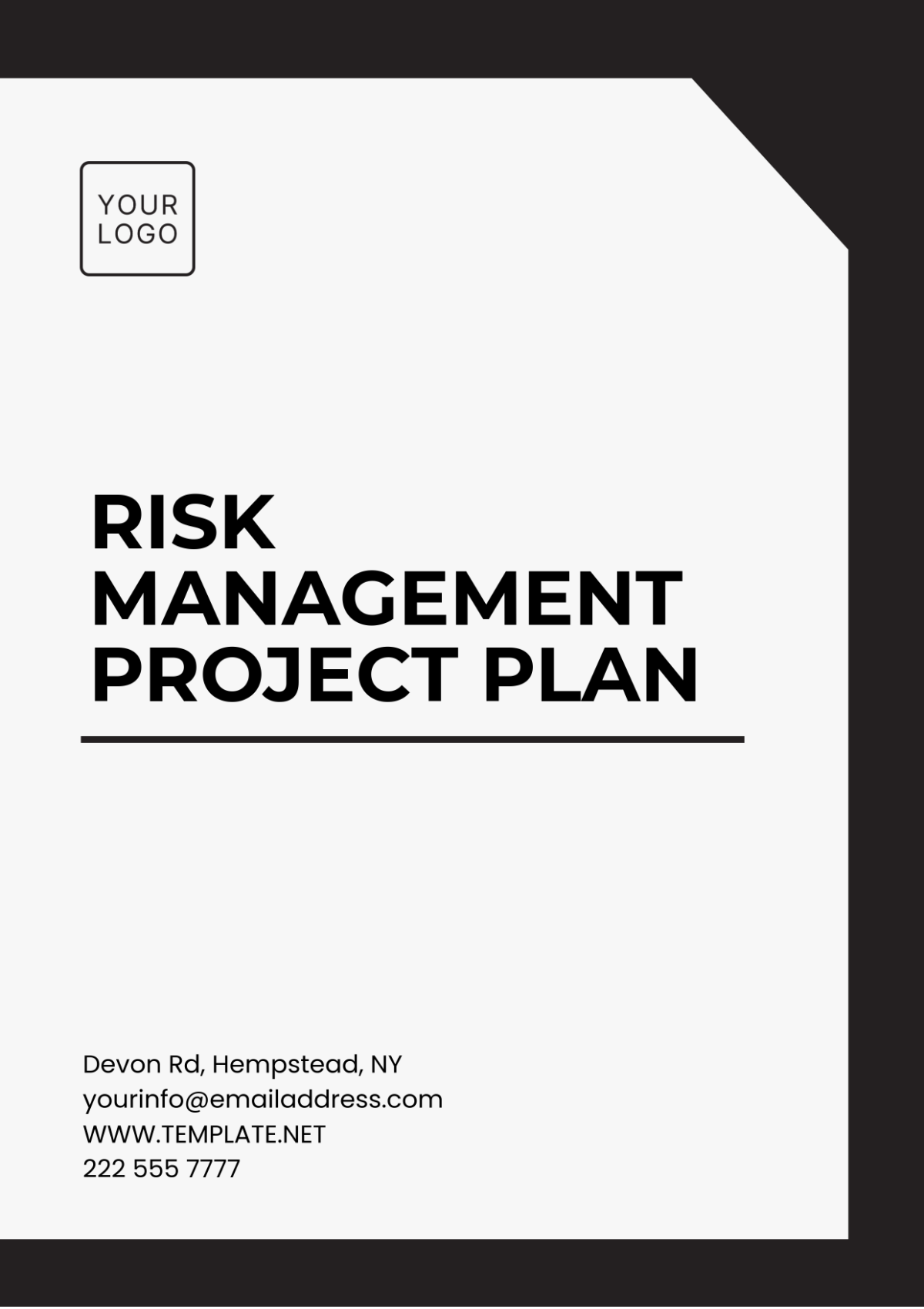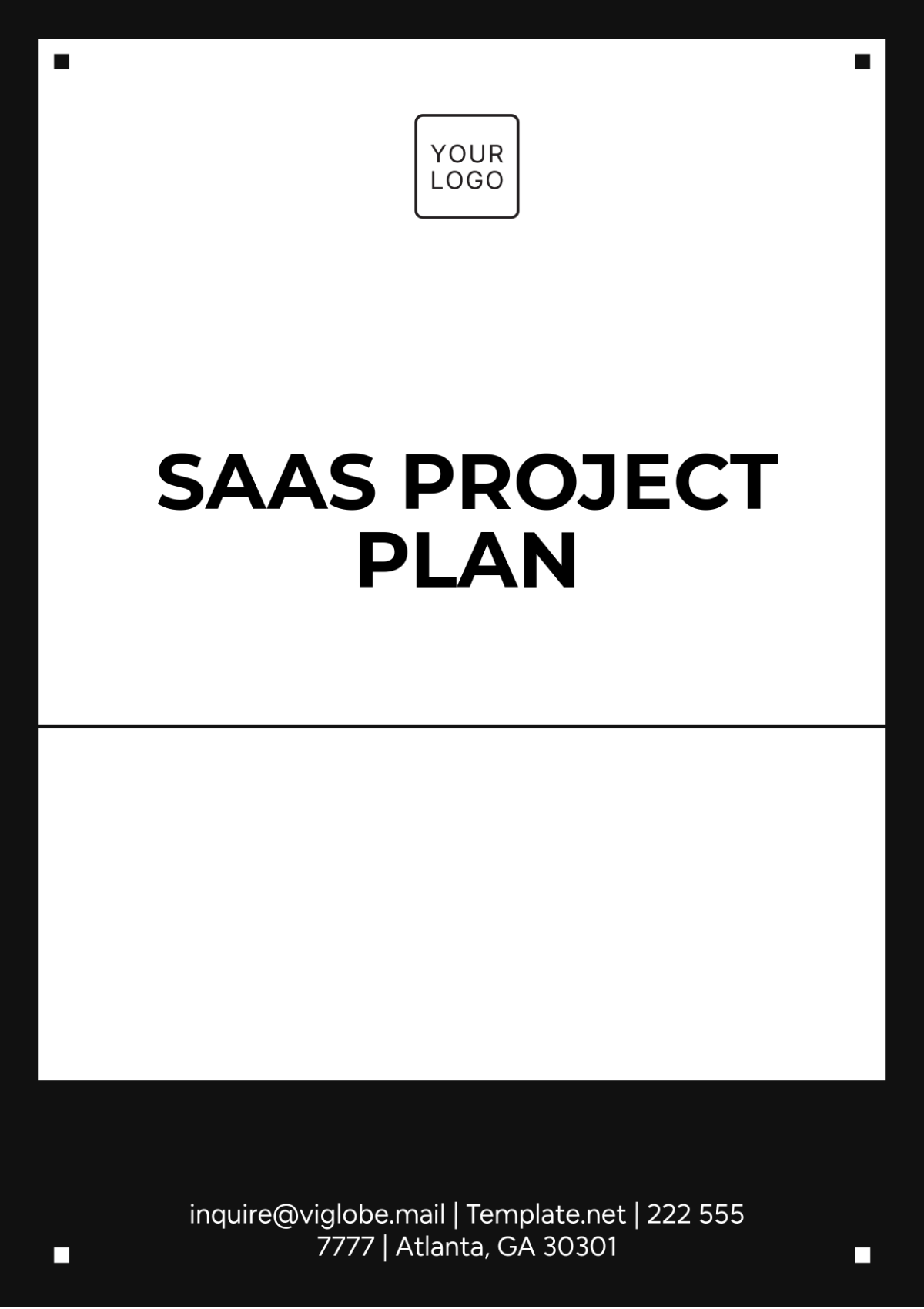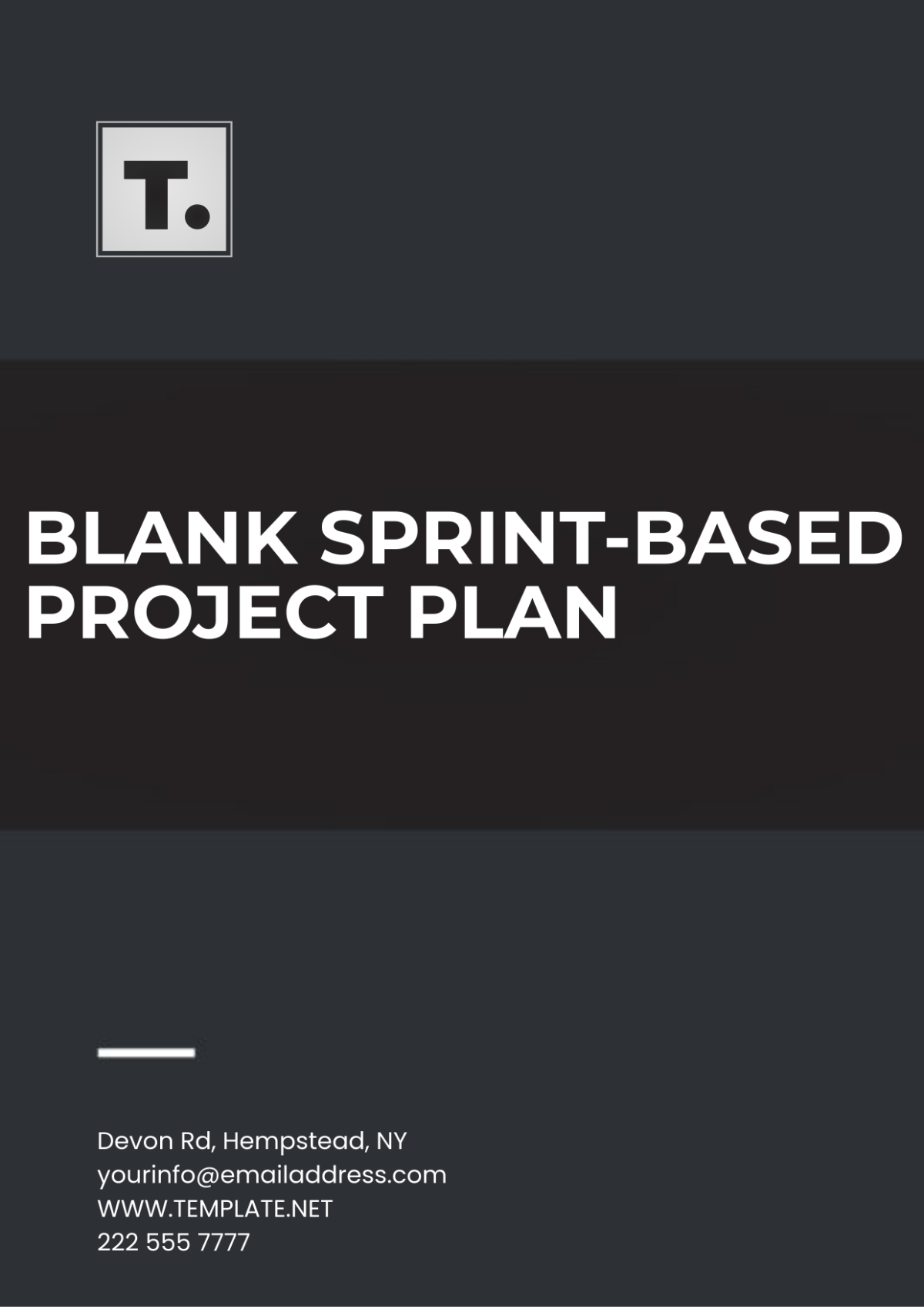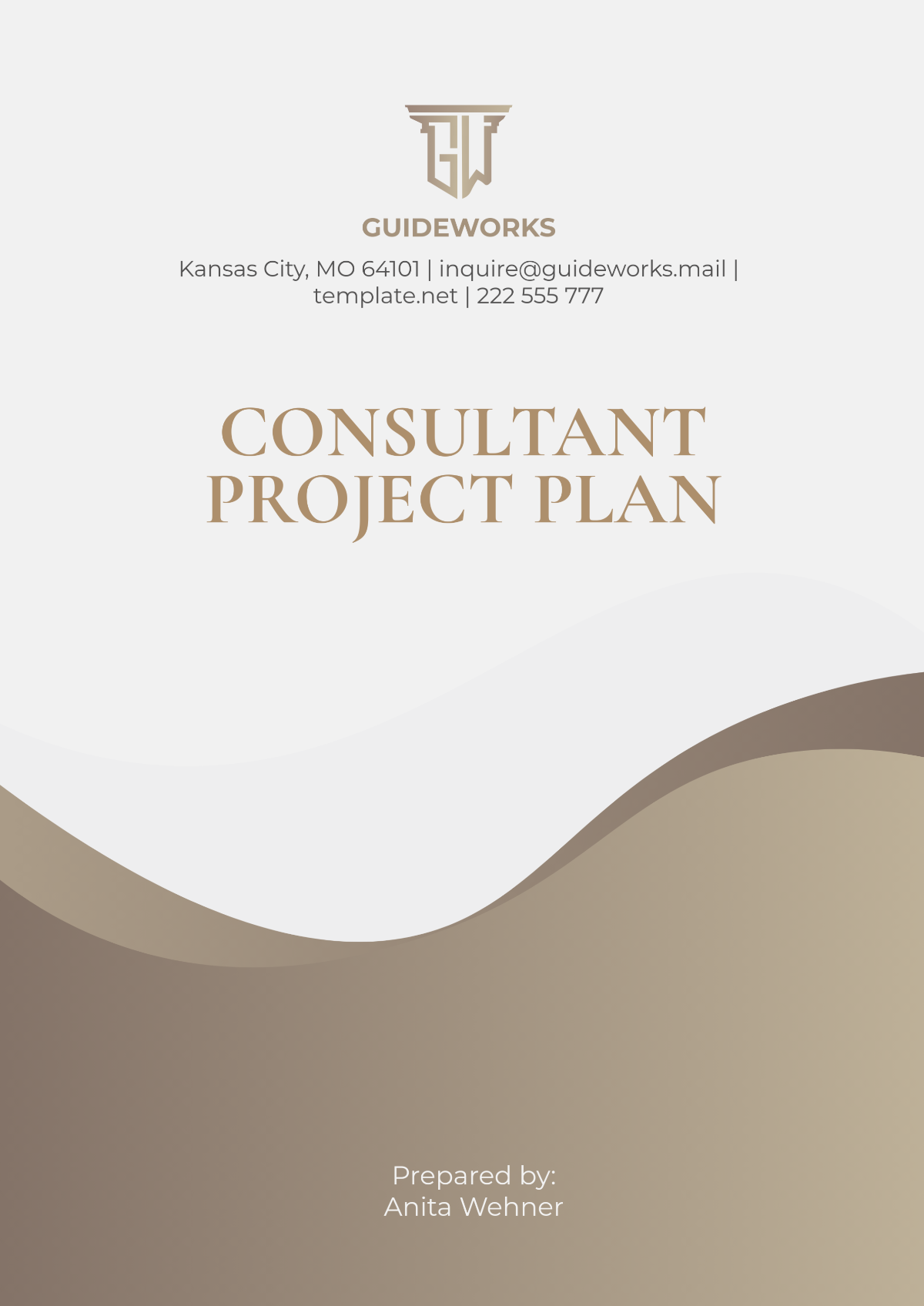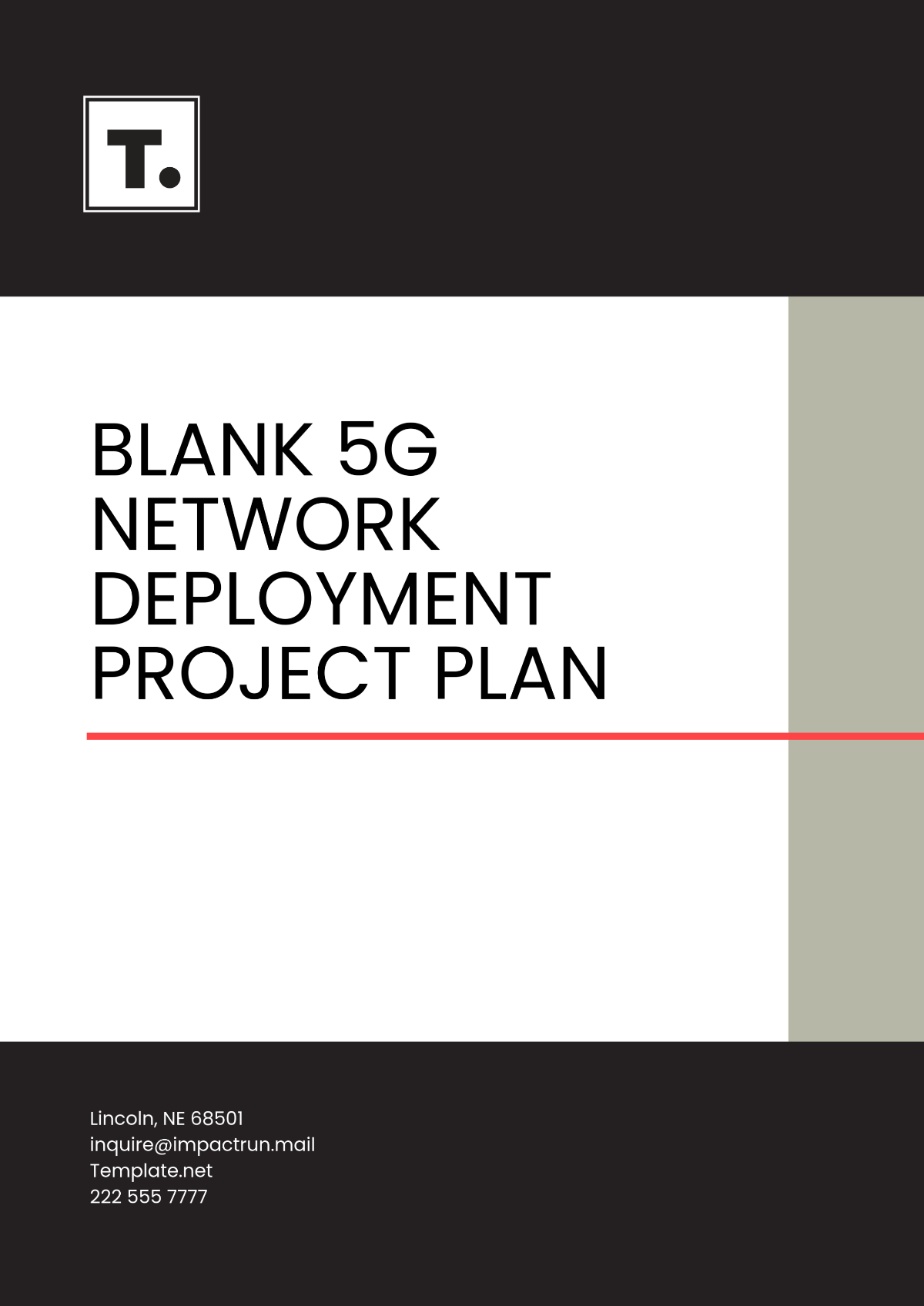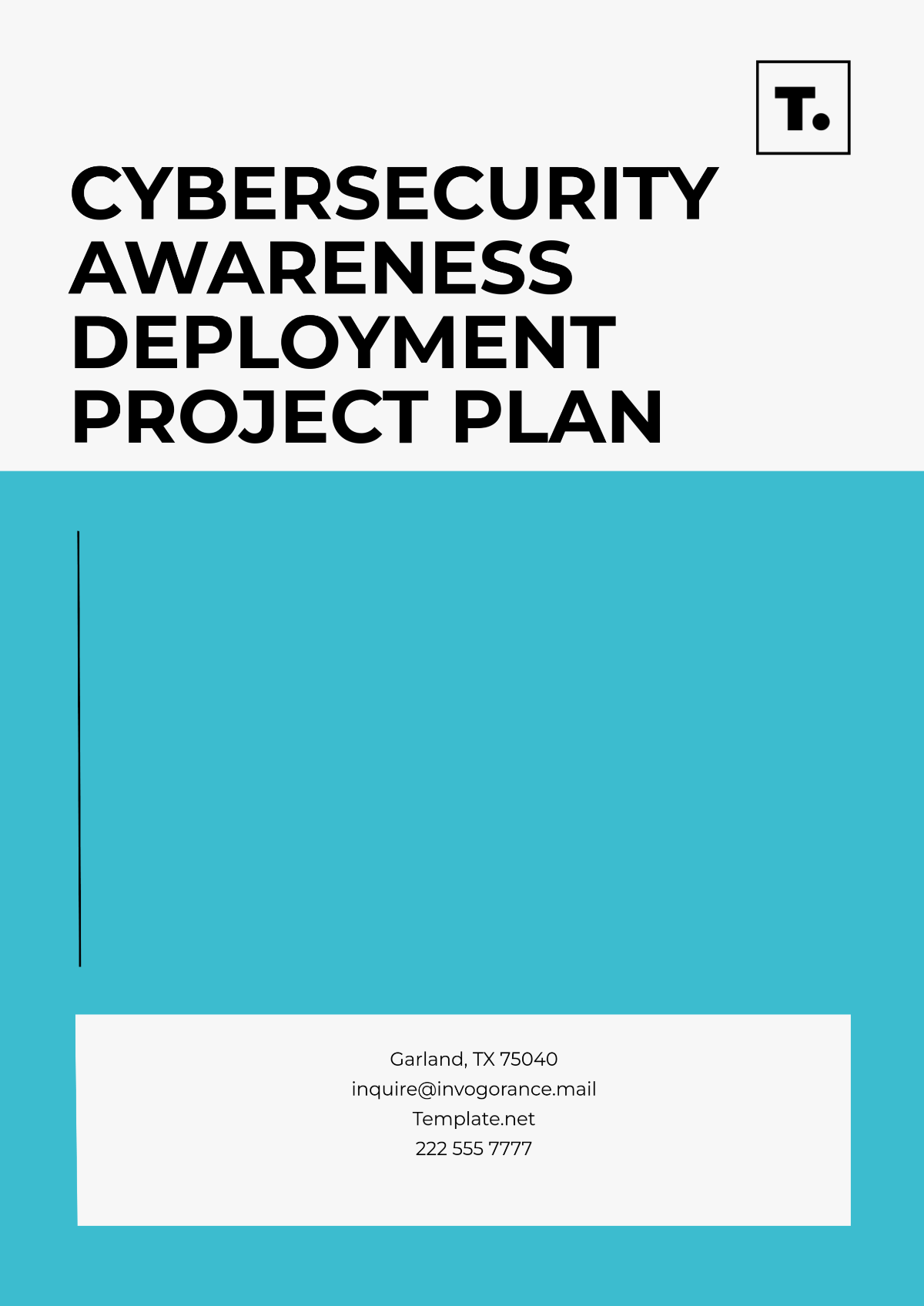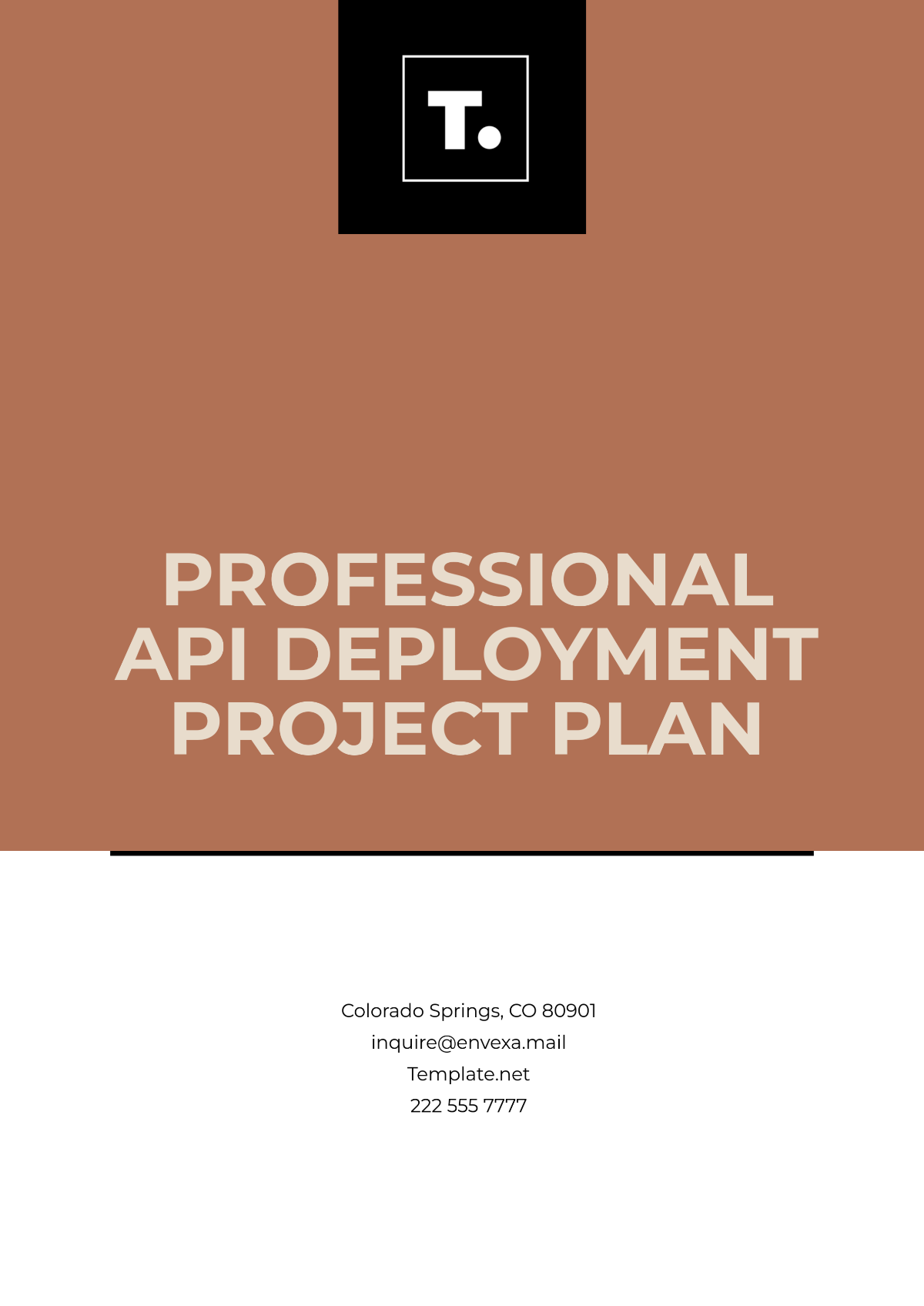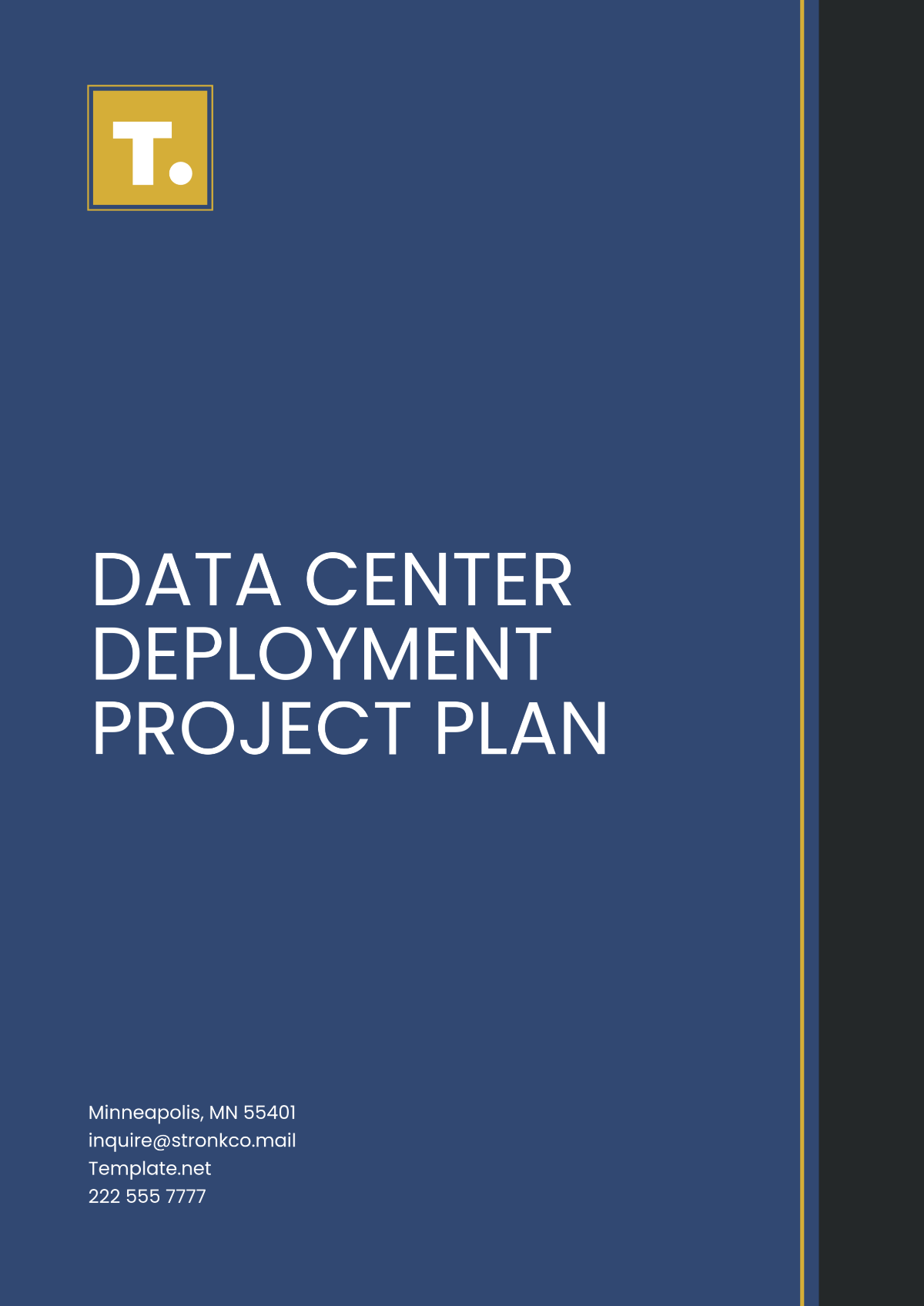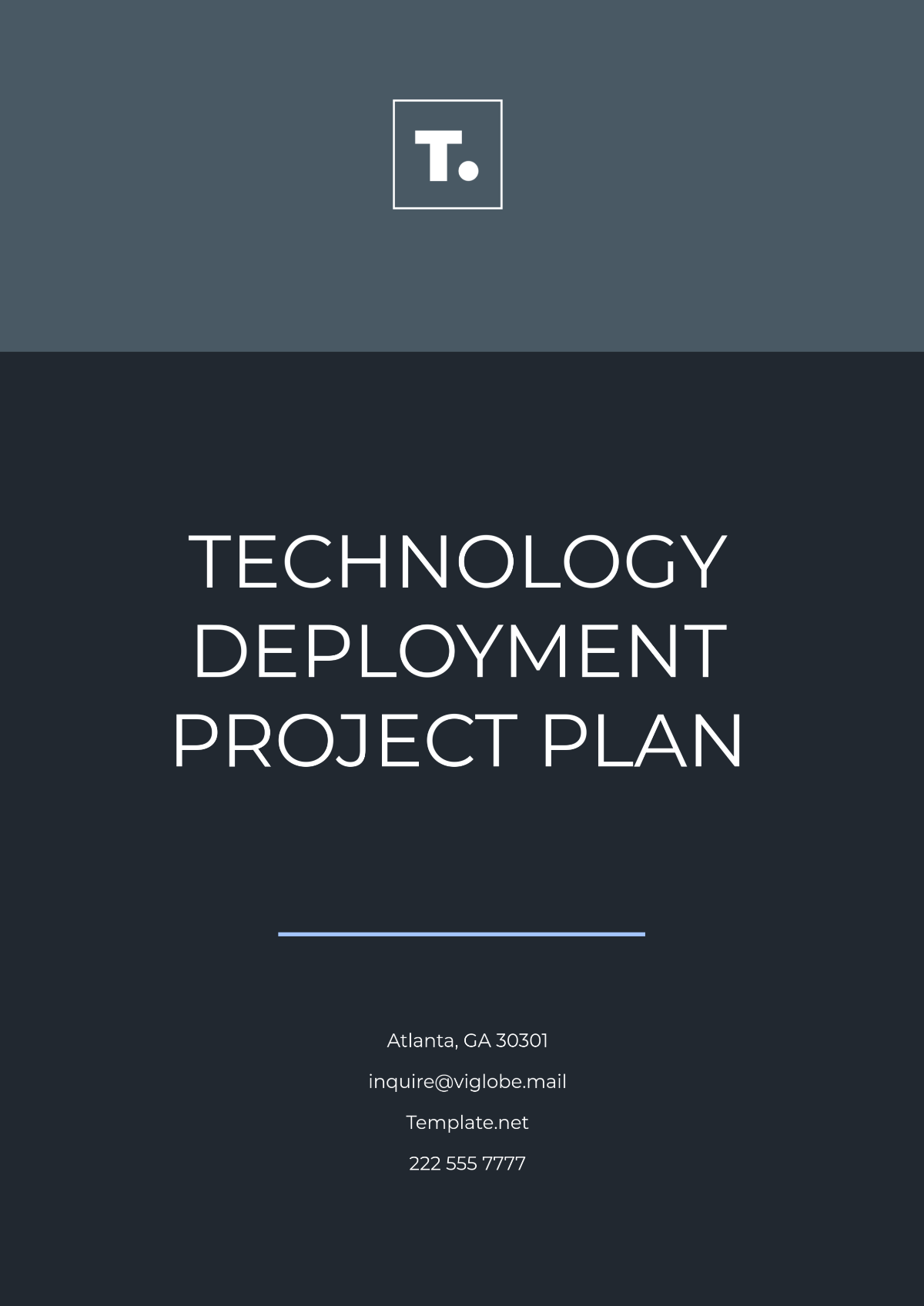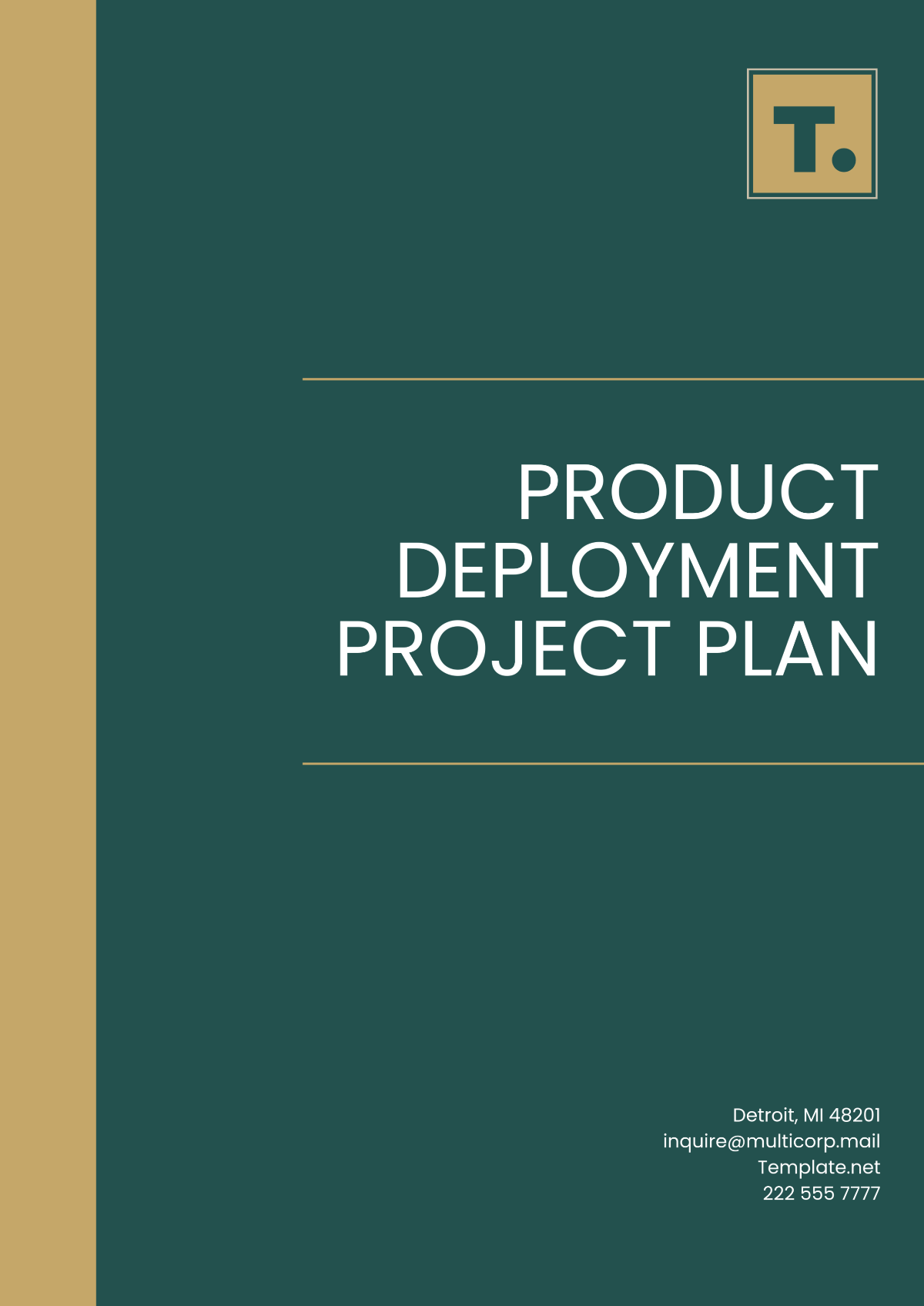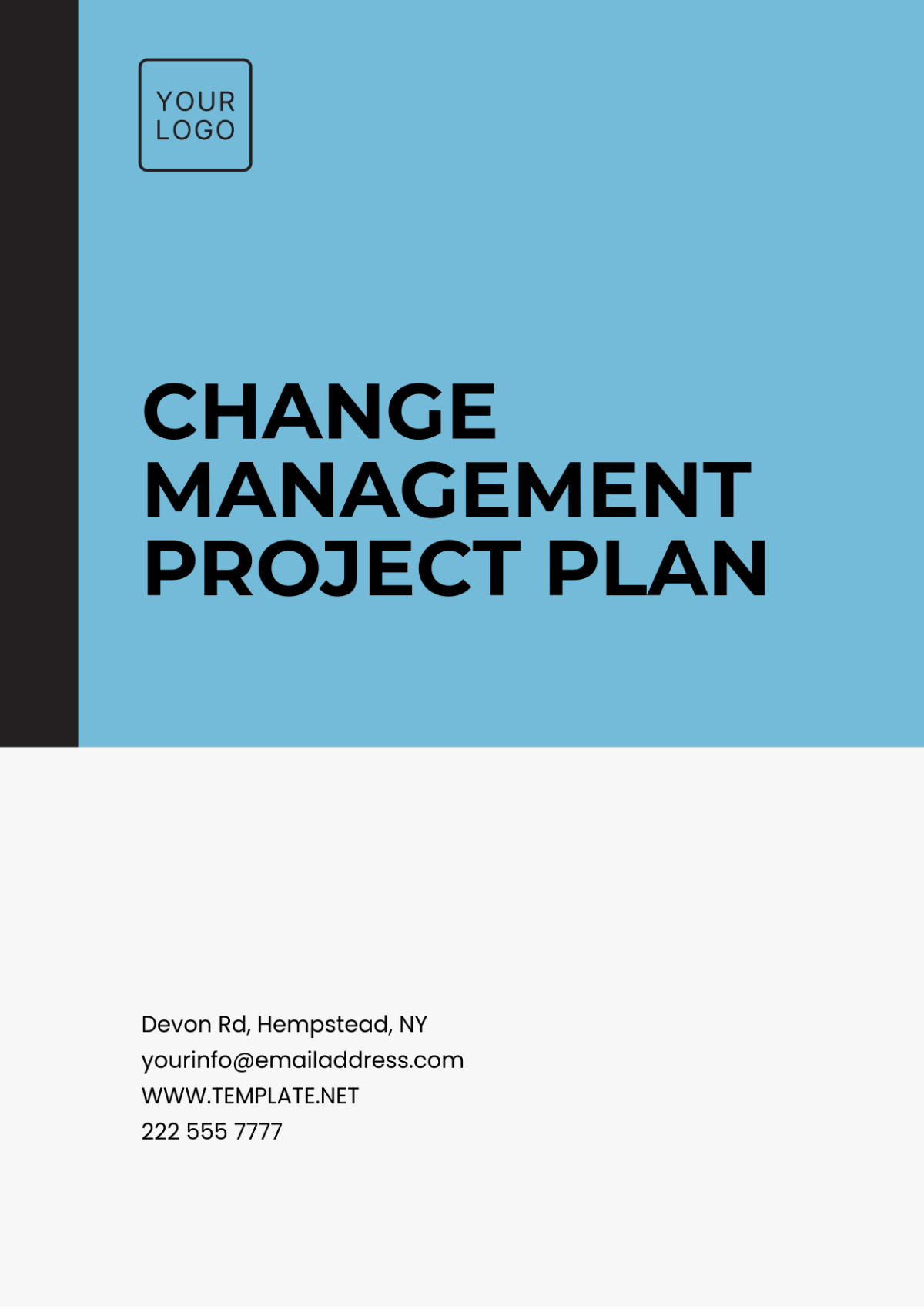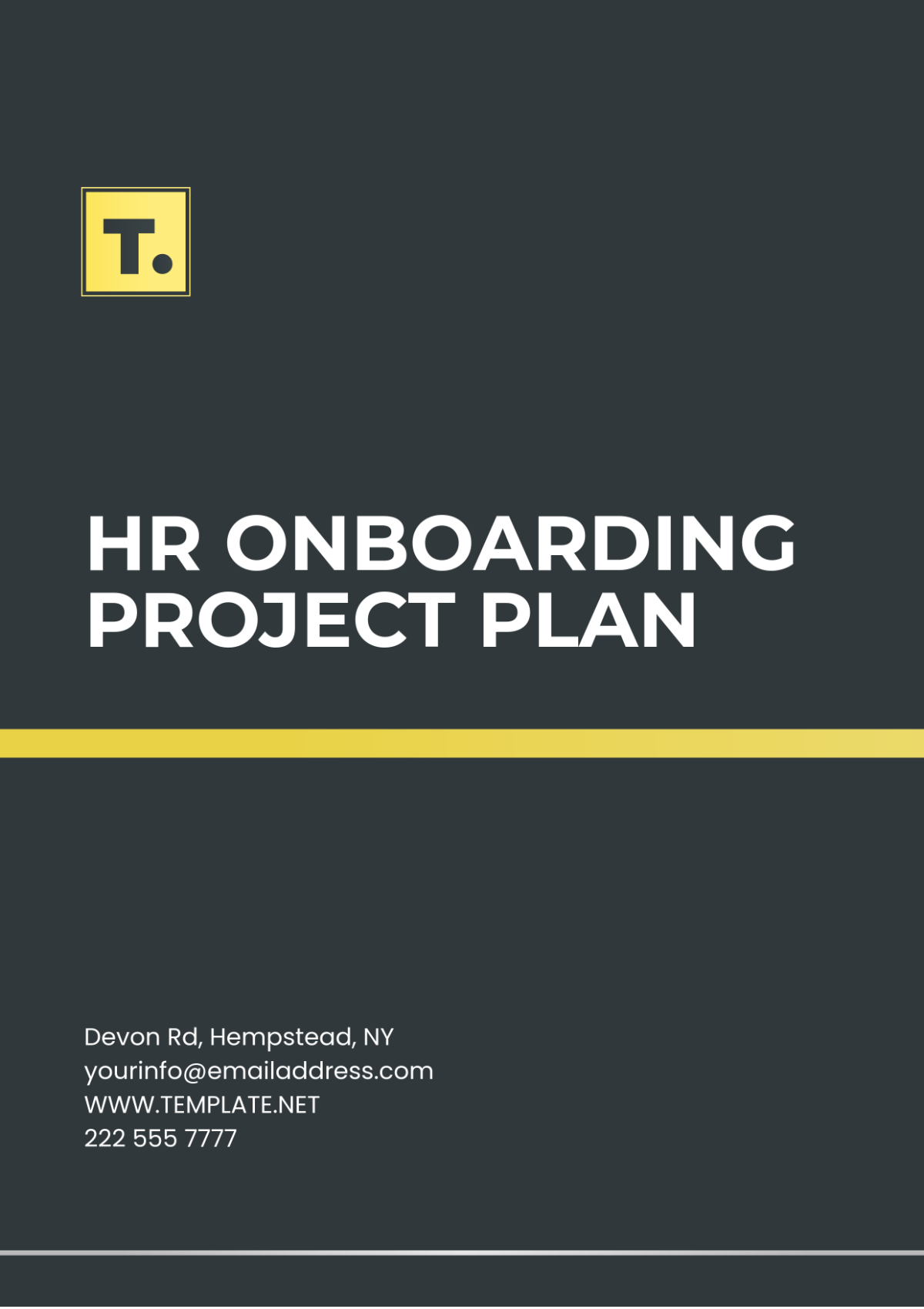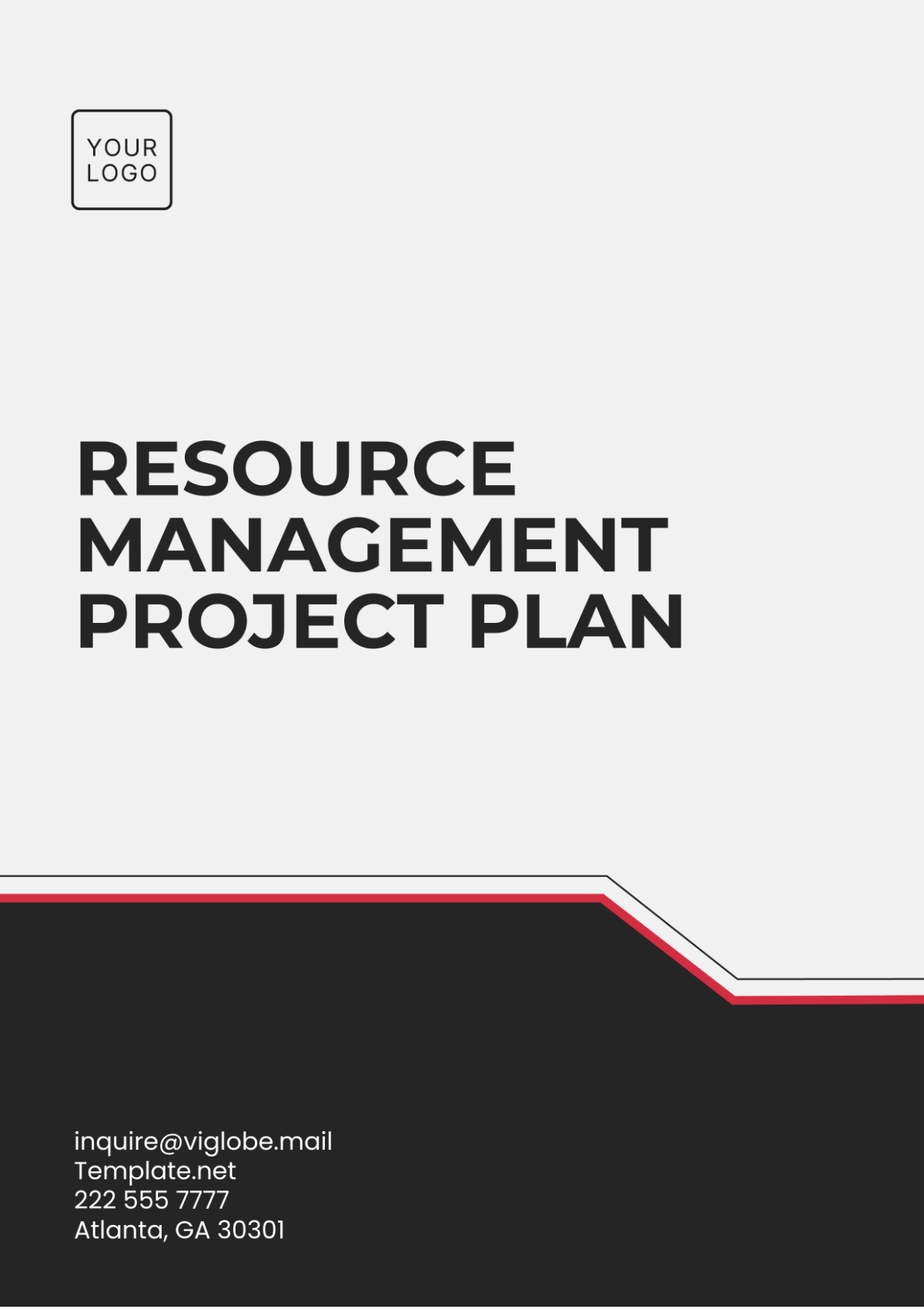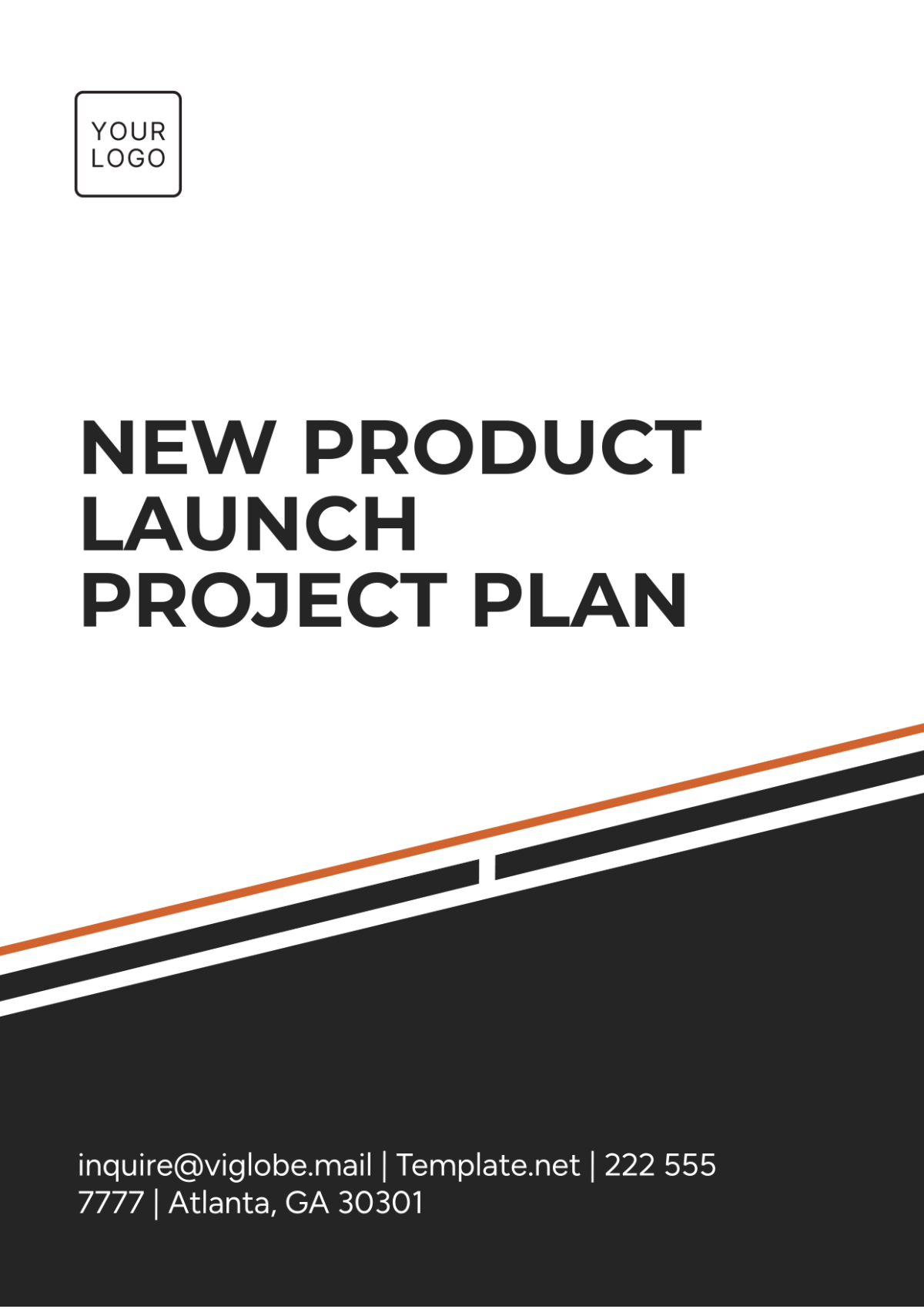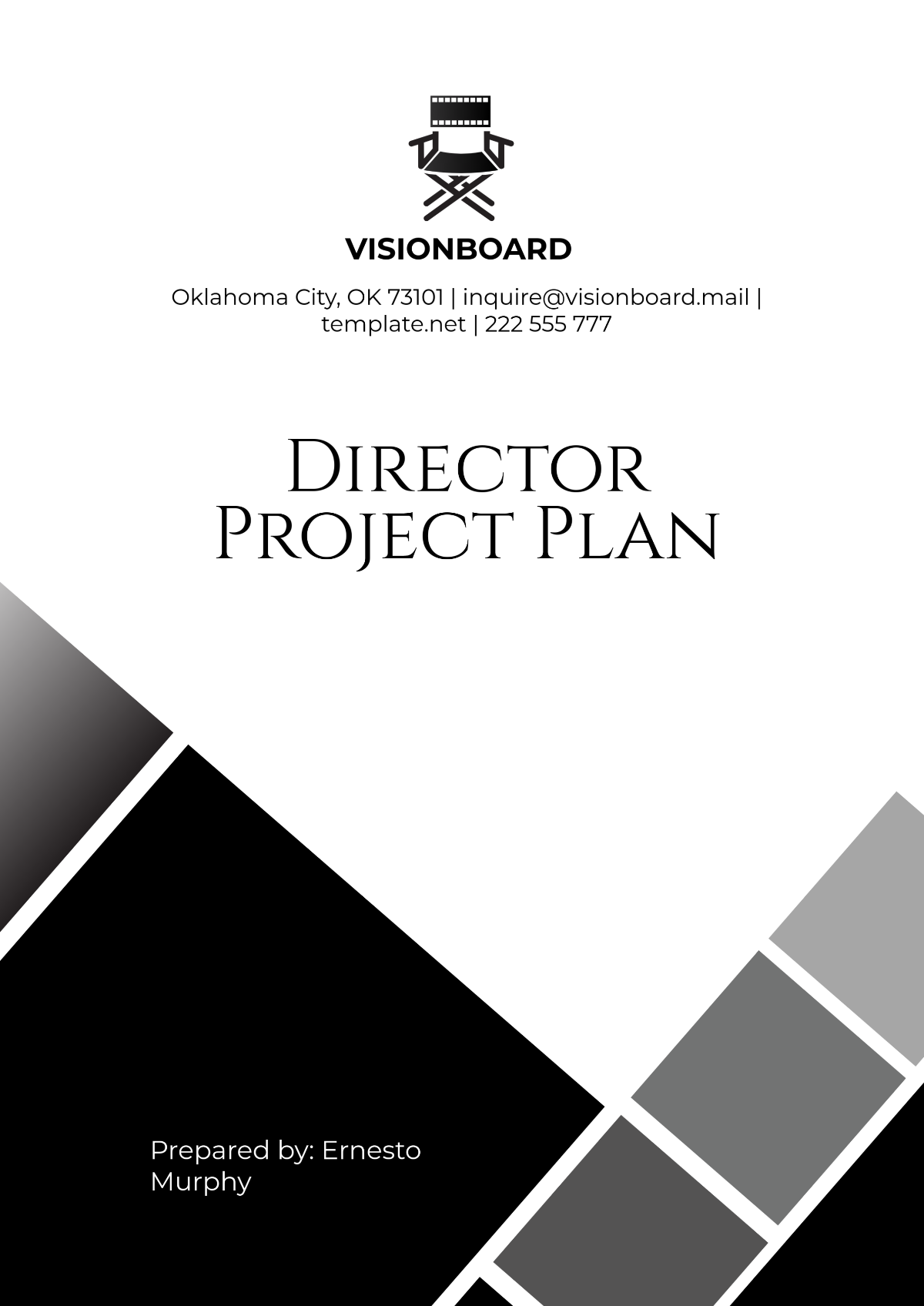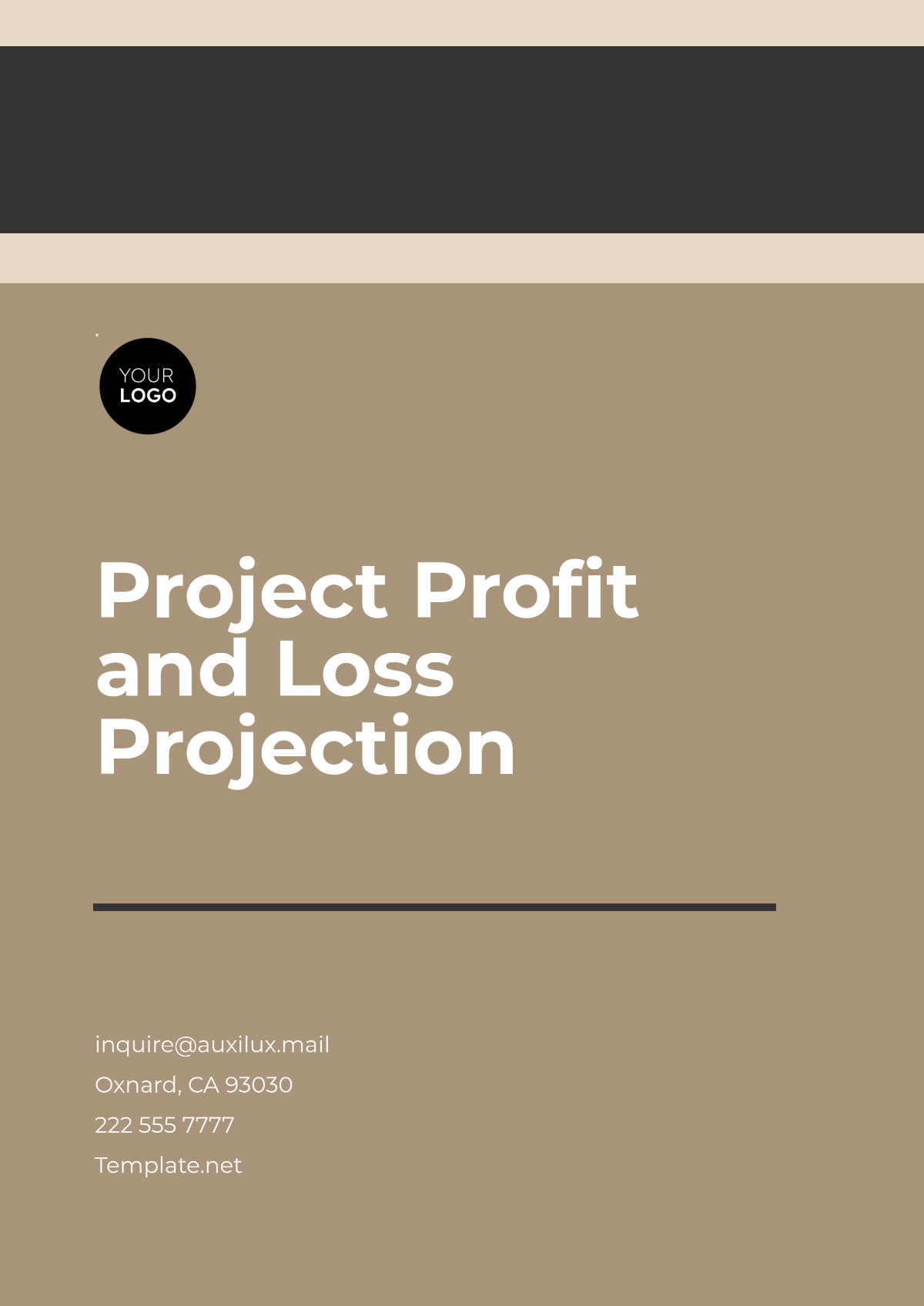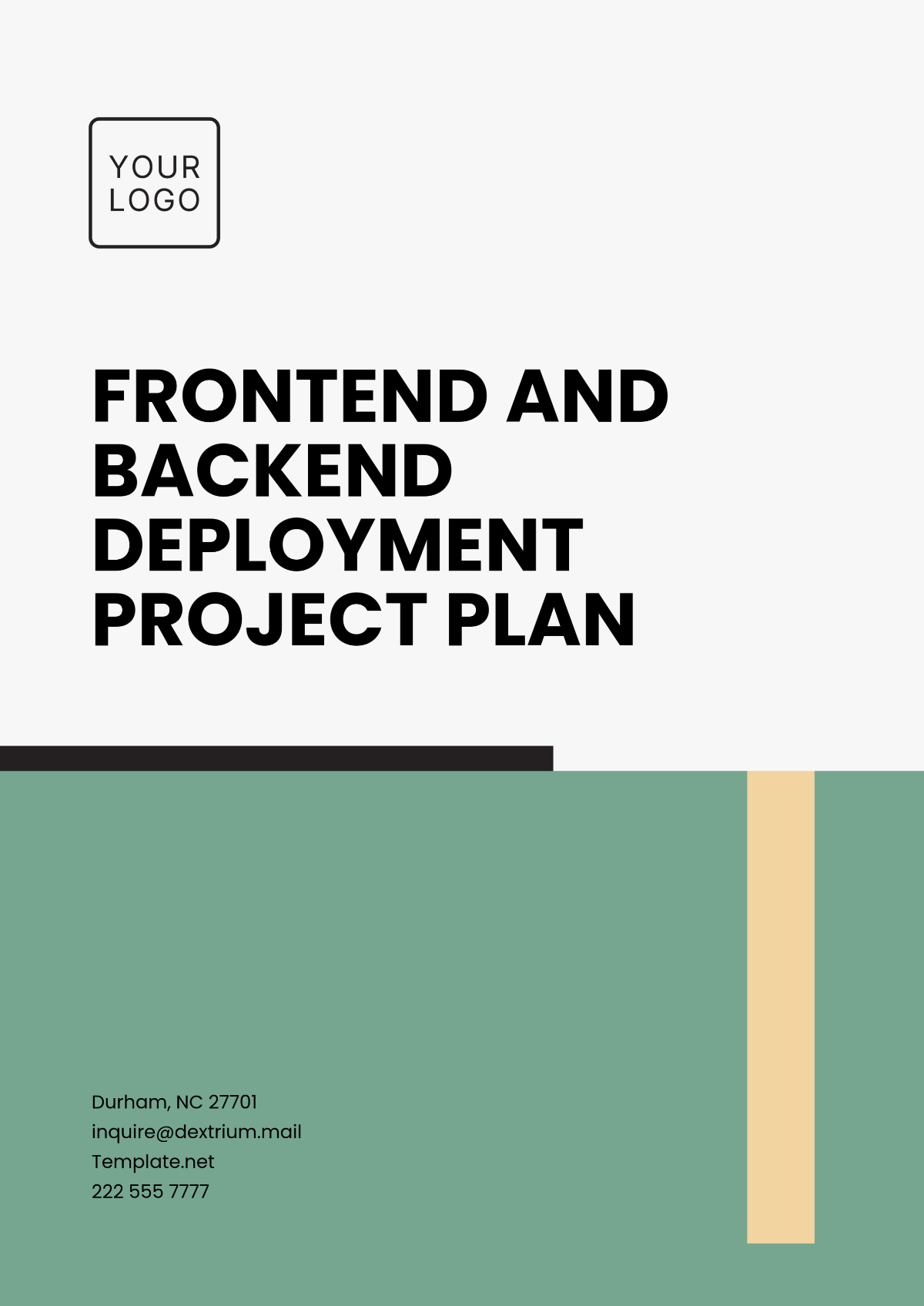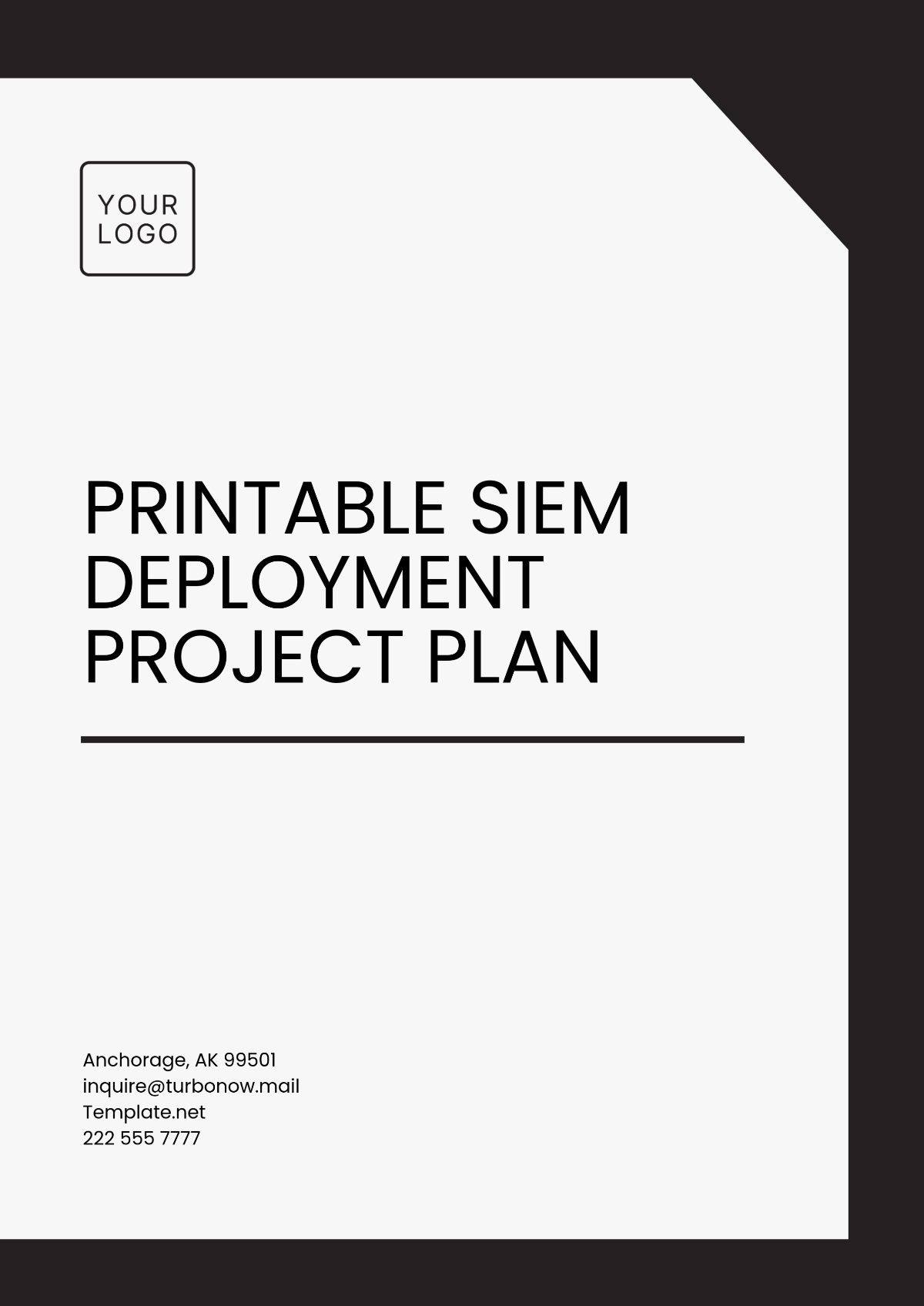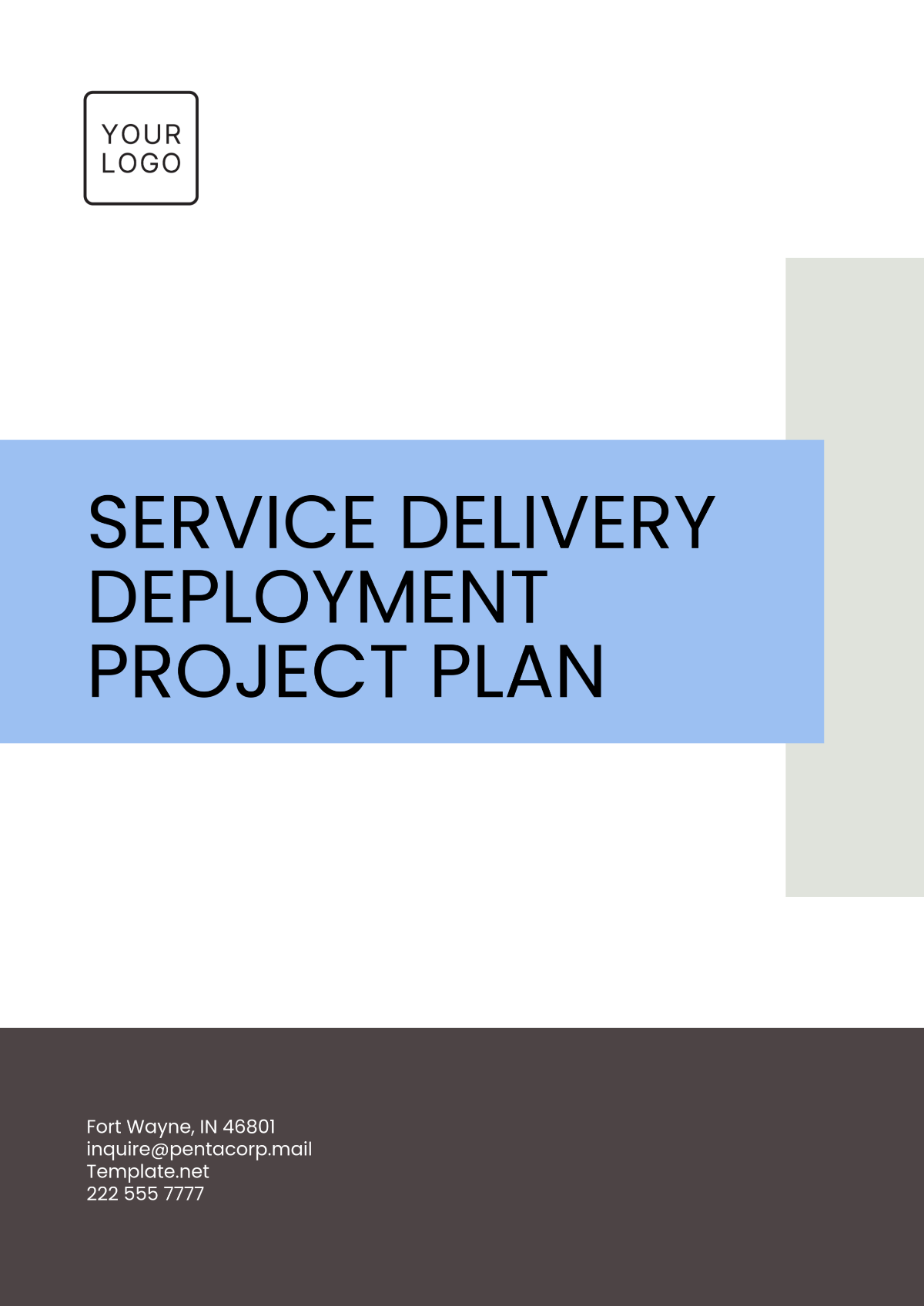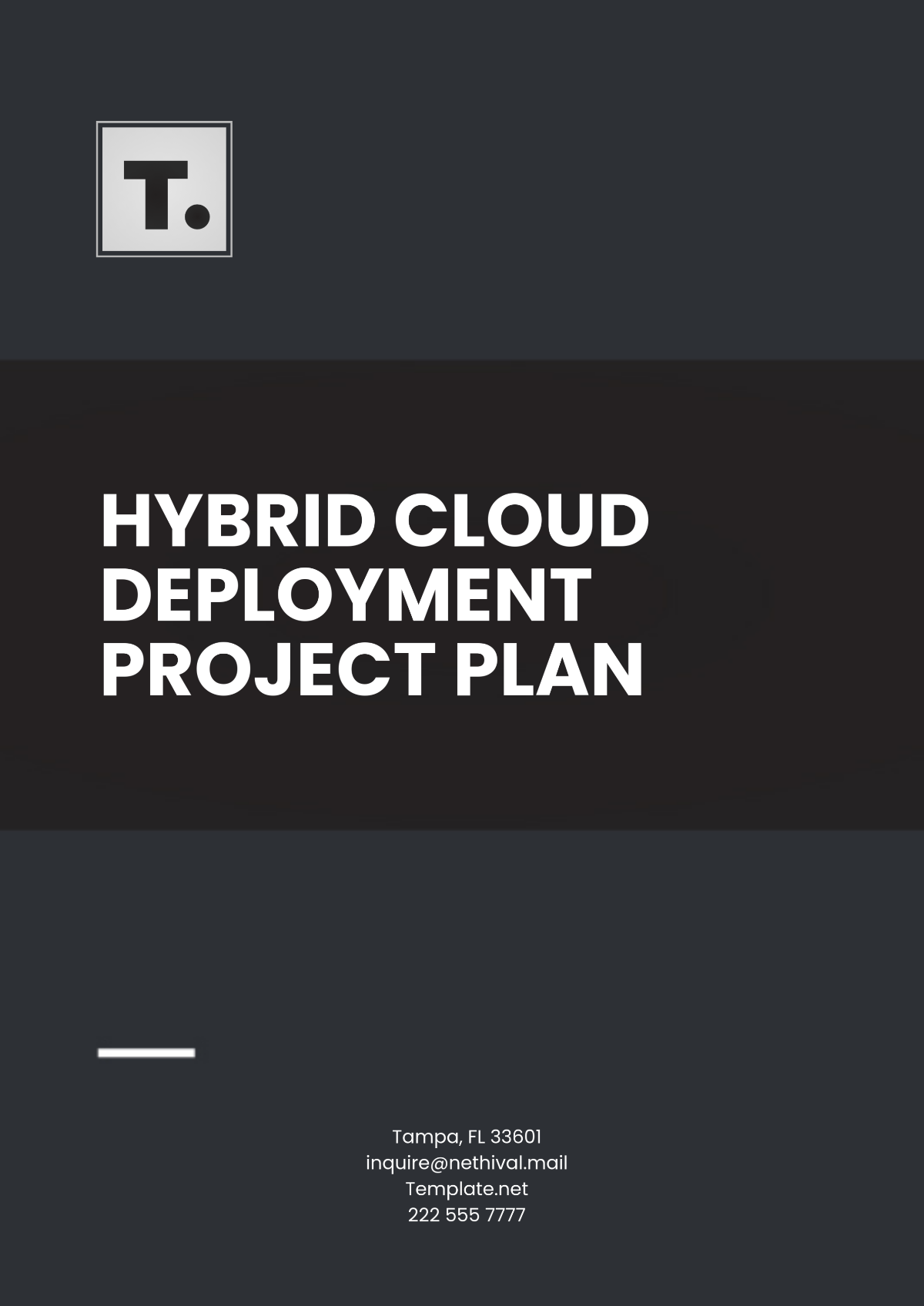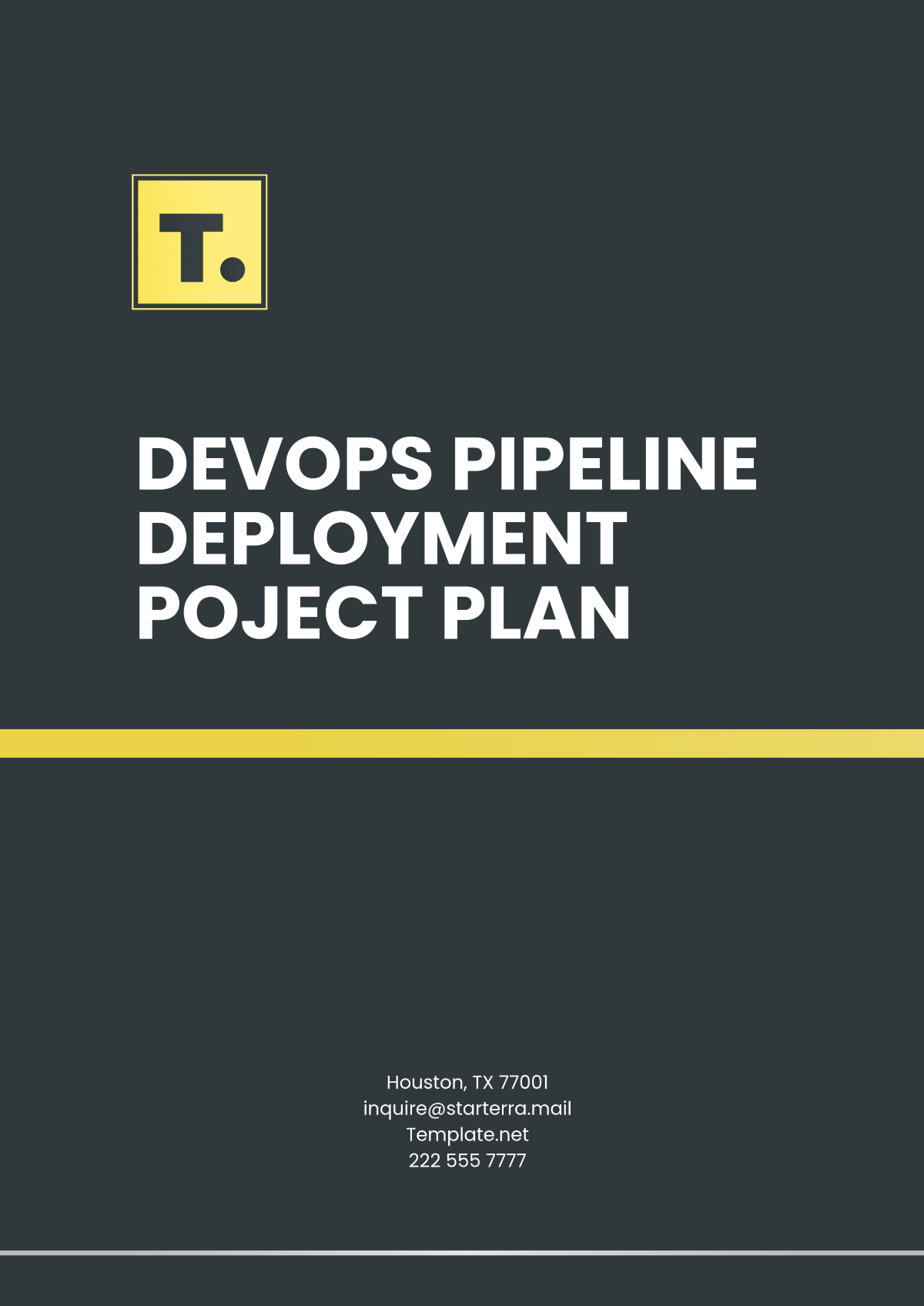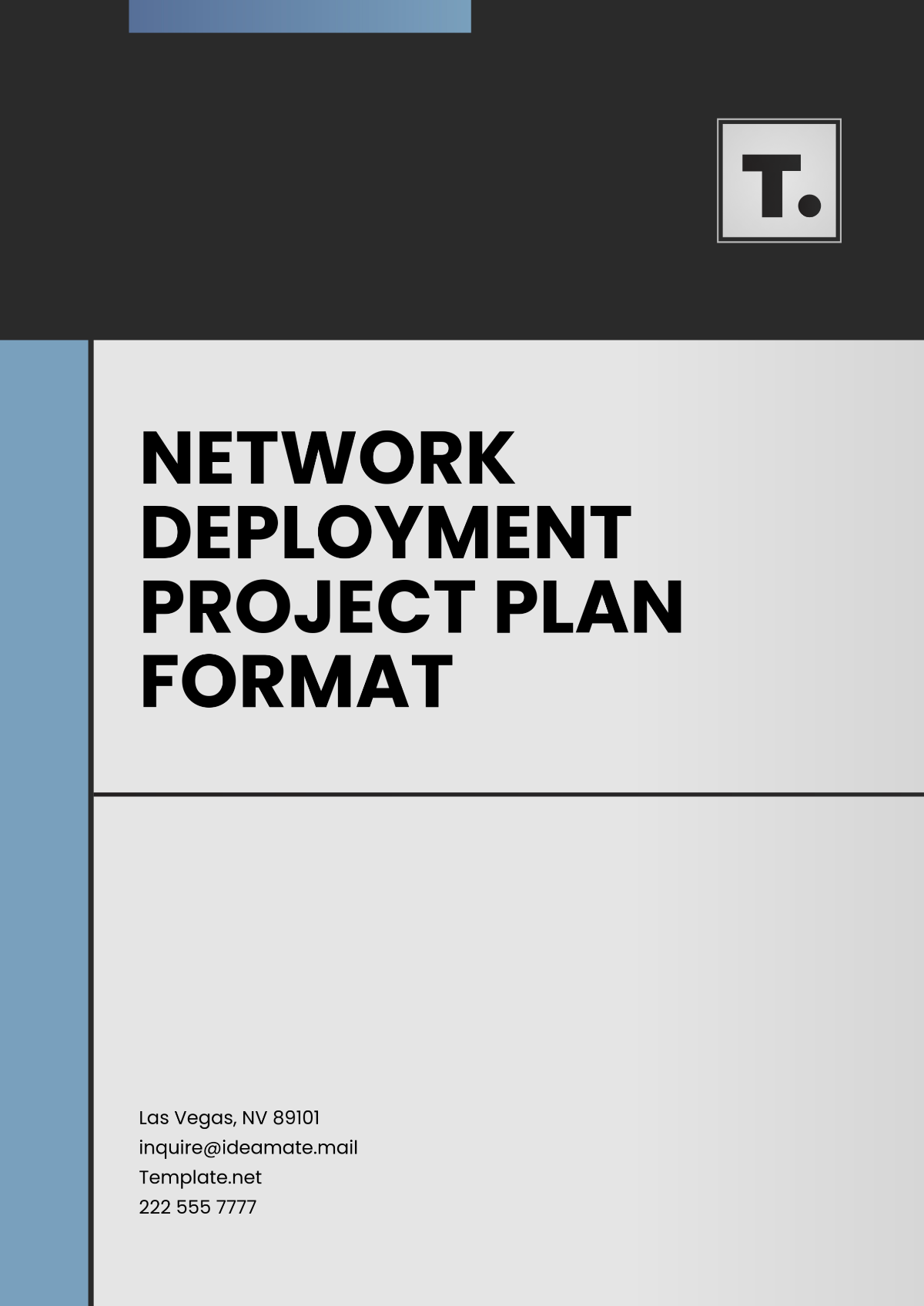Contingency Marketing Project Plan
Prepared by: [Your Name]
Company: [Your Company Name]
Date: January 01, 2080
I. Executive Summary
This marketing project plan outlines the strategy for executing a contingency marketing campaign. The plan aims to ensure that the company’s marketing activities are adaptable in case of unexpected market changes, economic shifts, or other business disruptions. This will involve creating contingency strategies for product launches, promotions, and digital marketing activities to ensure continued engagement with target audiences in 2080 and beyond.
The project will focus on risk mitigation and agility in the marketing department, providing proactive measures for rapid adaptation. By establishing these measures, the company will enhance its resilience and ensure uninterrupted customer connection and revenue generation.
II. Project Objectives
To establish a flexible marketing strategy that can quickly adapt to market disruptions in 2080 and beyond.
To create specific contingency plans for each marketing channel (digital, traditional, social media, etc.), ensuring that the company can continue to engage with consumers during crises.
To ensure that marketing campaigns remain on track and meet business goals regardless of external factors.
To train the marketing team to implement contingency strategies effectively and efficiently.
To measure the success of the contingency plans through key performance indicators (KPIs) such as audience engagement, lead generation, and sales.
III. Scope of the Project
The scope of this project includes the development, implementation, and monitoring of a comprehensive contingency marketing strategy. This will involve the following key areas:
Market Research: Analyze potential risks, challenges, and disruptions that may affect marketing activities from 2080 onwards.
Strategy Development: Create adaptable marketing strategies for product promotions, digital ads, influencer marketing, content marketing, and public relations.
Technology & Tools: Identify and implement the necessary tools, software, and technologies for real-time monitoring and agile marketing.
Team Training: Provide the marketing team with the knowledge and skills necessary to execute contingency plans.
Monitoring and Reporting: Set up systems for tracking the success of contingency marketing strategies and report progress to stakeholders.
IV. Project Deliverables
Comprehensive Contingency Marketing Strategy: A detailed plan outlining flexible tactics for each channel, including digital, social, and traditional marketing.
Market Risk Assessment Report: A report identifying potential threats to the company’s marketing efforts and suggested mitigation strategies.
Contingency Marketing Toolkit: A collection of tools and resources for the marketing team to implement strategies quickly and effectively.
Team Training Program: A training guide and materials designed to ensure the marketing team can respond to crises in real-time.
Performance Reports: Regular updates on the success of contingency measures, including metrics such as engagement rates and customer feedback.
V. Project Timeline
Phase 1: Research and Analysis (January 1, 2080 - March 31, 2080): Conduct thorough market research, identify potential risks, and analyze past marketing performance to forecast future risks.
Phase 2: Strategy Development (April 1, 2080 - June 30, 2080): Develop flexible marketing strategies tailored to each channel, including crisis communication protocols.
Phase 3: Tools and Technology Implementation (July 1, 2080 - September 30, 2080): Identify and implement marketing tools to monitor trends, gather data, and manage campaigns remotely.
Phase 4: Team Training (October 1, 2080 - November 30, 2080): Organize workshops and training sessions for the marketing team on executing contingency strategies.
Phase 5: Implementation and Monitoring (December 1, 2080 - Ongoing): Begin the rollout of the contingency marketing strategies, followed by continuous monitoring and performance evaluation.
VI. Resources Required
Human Resources: A project manager, marketing strategists, content creators, digital marketers, designers, and analysts.
Technological Resources: Marketing automation platforms, crisis management tools, data analytics software, and content management systems.
Financial Resources: A contingency budget to cover unexpected expenses, new tools, and technology integrations.
Training Materials: Online courses, workshops, and resources for marketing team development.
External Partnerships: Collaborations with marketing consultants, crisis communication experts, and digital platforms for technical support.
VII. Risk Management
This plan addresses the following potential risks:
Market Fluctuations: Sudden economic downturns or market shifts that could disrupt consumer spending behavior.
Technological Failures: Failures in marketing automation tools, digital platforms, or website downtimes that could affect campaign execution.
Reputation Risks: Negative publicity or brand damage during a crisis or failed campaign.
Resource Constraints: Insufficient resources or budget to implement contingency strategies effectively.
Regulatory Changes: New laws or regulations that could affect marketing practices or digital advertising.
To mitigate these risks, the plan includes:
Regular market assessments and adjustments to the strategy.
A technical support system to ensure marketing tools remain operational.
A crisis communication plan to address reputation risks quickly.
A dedicated contingency budget for unforeseen challenges.
VIII. Budget
The estimated budget for the contingency marketing project is as follows:
Research and Analysis: $200,000
Strategy Development: $300,000
Technology Implementation: $500,000
Training Programs: $150,000
Ongoing Monitoring and Reports: $100,000 annually
Miscellaneous (Contingency Fund): $100,000
Total: $1,350,000
The budget will be reviewed quarterly and adjusted based on project needs and external conditions.
IX. Conclusion
The Contingency Marketing Project Plan is a vital strategy to ensure the company’s marketing efforts are resilient and adaptable in the face of uncertainty. By developing flexible strategies, equipping the team with the necessary tools and skills, and implementing effective monitoring systems, the company can continue to thrive even during challenging times. With this project, we aim to not only safeguard the brand’s reputation but also maintain strong consumer relationships and consistent revenue generation in 2080 and beyond.

